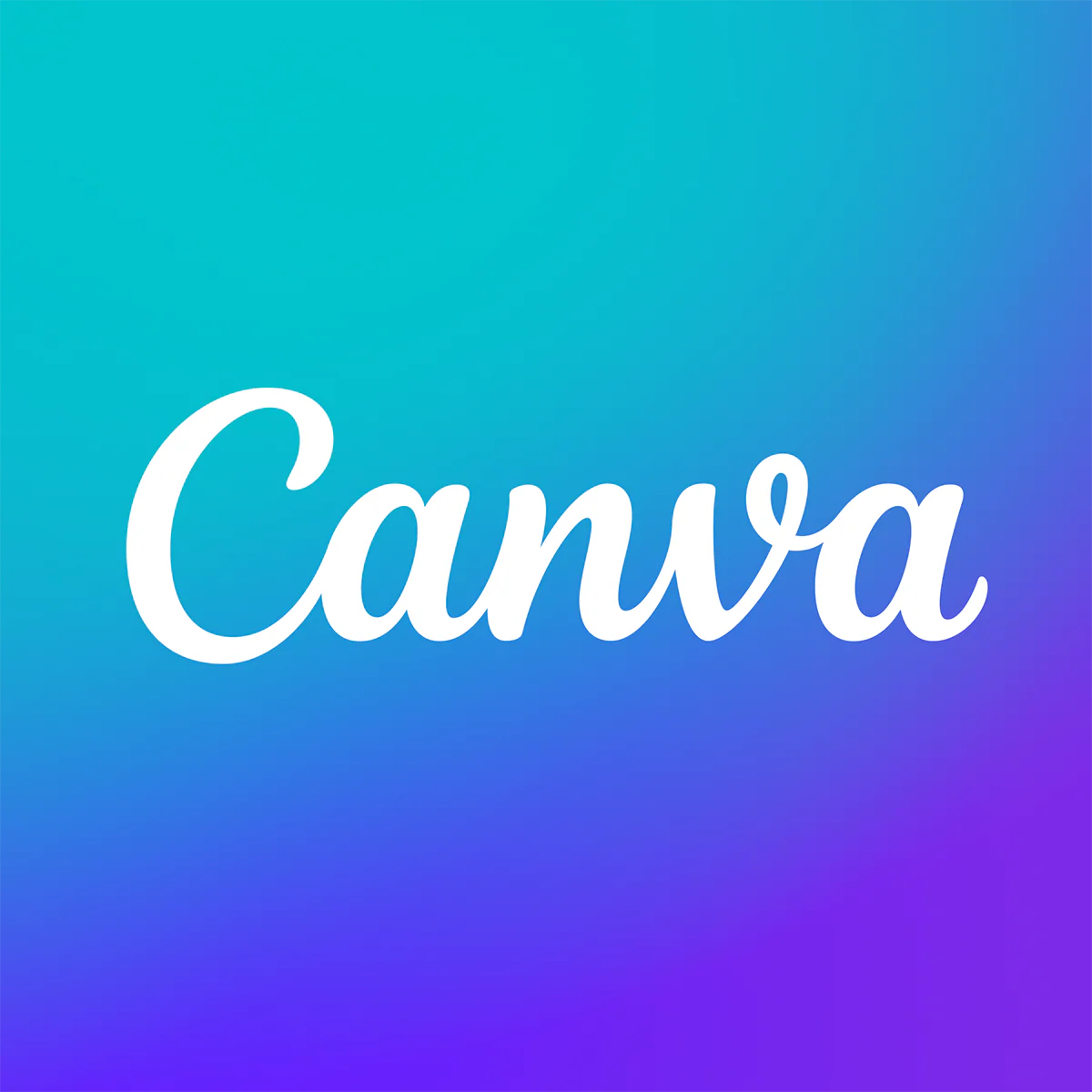Content Management System (CMS) tools are essential for direct-to-consumer (DTC) brands in managing and publishing digital content. These tools provide a platform to create, edit, and manage content such as text, images, and videos, typically for websites and blogs. A CMS allows for the easy organization and control of content, often without needing specialized technical skills.
For DTC brands, CMS tools are crucial as they empower brands to keep their digital presence dynamic and up-to-date. They facilitate the quick deployment of new content, important for engaging customers and improving search engine rankings. A well-maintained CMS can help in delivering a consistent and enjoyable user experience, reinforcing brand identity and messaging.
Popular CMS tools include WordPress and Shopify. WordPress is renowned for its flexibility and extensive customization capabilities, with a vast array of themes and plugins. It's particularly popular for content-rich websites and blogs. Shopify, while primarily an e-commerce platform, also offers robust CMS features, making it a favorite among DTC brands selling products online. Its ease of use and integration with e-commerce functionalities provide a seamless experience for managing both content and sales. Both WordPress and Shopify are popular for their user-friendly interfaces and the extensive support and community they offer, making them ideal for DTC brands looking to efficiently manage their online content.
The CMS is one of the most critical parts of your stack, especially in a headless setting. Tools like Contentful, Sanity and Prismic all strive to create the best experience possible for you to structure / organise and publish content on your site.


Shopify is a commerce platform that allows anyone to set up an online store and sell their products. It's the go-to eCommerce platform for young direct-to-consumer brands. Its ease of use and setup is what's most attractive to merchants, but also the incredibly vast Shopify app store.

Canva’s Connect APIs are REST interfaces that let external apps embed Canva’s design, collaboration, and asset-management tools. You can build public integrations (open to all Canva users after review) or private ones (for Enterprise teams). Key features include design and asset sync, folder management, autofill using structured data, brand templates, webhooks, comment mirroring, scoped authentication, and design editing. Some APIs and features are in preview or require Enterprise access. Developers get tools such as a Starter Kit, a Quickstart example app, and an OpenAPI specification. These APIs help automate workflows, unify design across platforms, and simplify exporting, editing, and brand compliance.